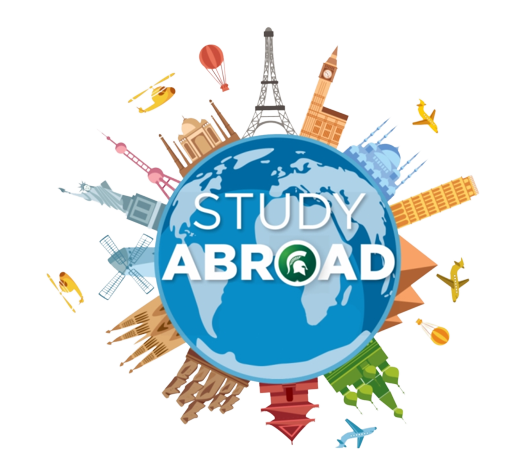infrastructure in australia
Australia’s modern, well-maintained infrastructure promotes the country’s economic growth and improves the standard of living for its citizens. Australia’s government makes investments in a number of infrastructure areas to guarantee effective transportation, dependable energy supply, and cutting-edge telecommunications networks.












